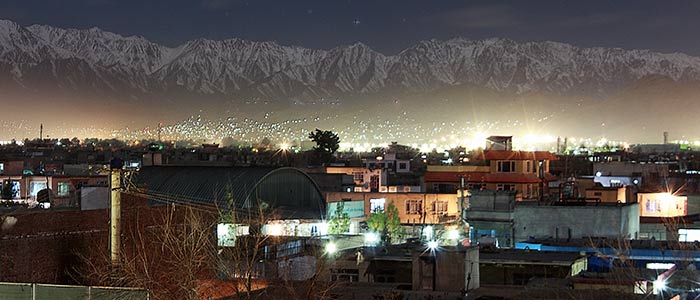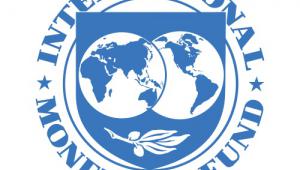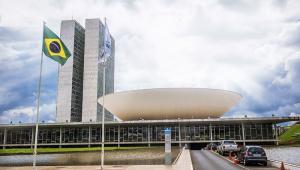Web_AfghanistanNight_iStock_000074678055_Large.jpg

Afghanistan at night
The fund praised Afghanistan for successfully completing a non-financial IMF programme over the last nine months despite difficult conditions, however, it said the outlook remains “challenging”.
“To help address these difficult issues, the Afghan authorities recently requested a fund financial arrangement,” a statement said.
“IMF management welcomes this request and discussions on the new arrangement are slated to begin in May.”
It said this would help Afghanistan tackle some of the challenges the country faces, including a further deterioration in security or potential shortfalls in donor aid.
The fund explained that security and political uncertainties, the drawdown of international troops and weak governance and institutions have held back growth and employment in the country, as well as contributing to increased emigration.
It projects GDP growth to be 2% in 2016, only “marginally higher” than last year. The banking system continues to face several challenges despite reforms made under the current IMF programme, it added.
However, the successful completion of the programme, which saw the fund monitor and evaluate reforms implemented by Afghanistan, builds a good “track record” for the potential financial support from the fund that is now on the table.
The nine-month programme entailed the Afghan authorities tackling fiscal and banking vulnerabilities, preserving economic stability and improving prospects for inclusive growth.
The fund said the future programme and its accompanying financial support would help improve conditions for sustainable growth and catalyse support from donors.
Ravaged by years of war, Afghanistan remains a fragile state and heavily reliant on donor funds.
Since 2002, large aid flows have supported reconstruction and growth and enabled progress in rebuilding the economy, infrastructure and institutions.
The IMF said the country’s first democratic transfer of power, which saw the formation of a national unity government, in 2014, offered a chance to “renew impetus in economic reforms”.
However, continued insecurity, which intensified last year as foreign troops began to pull out of the country, has seriously hampered recovery.













